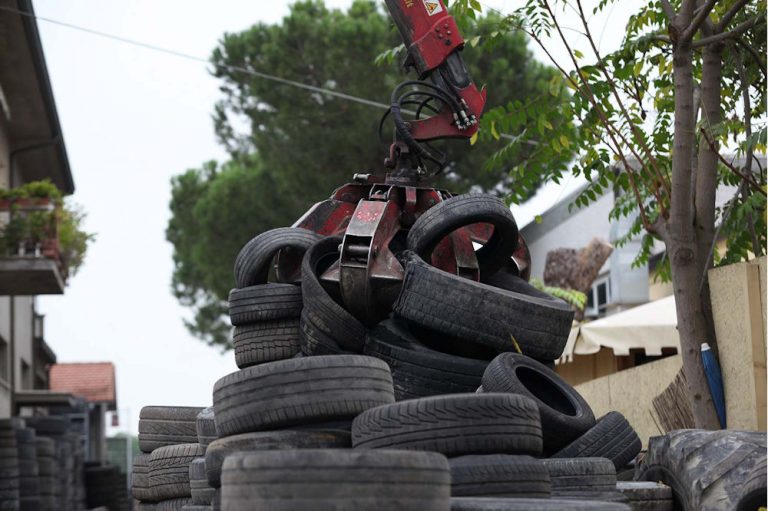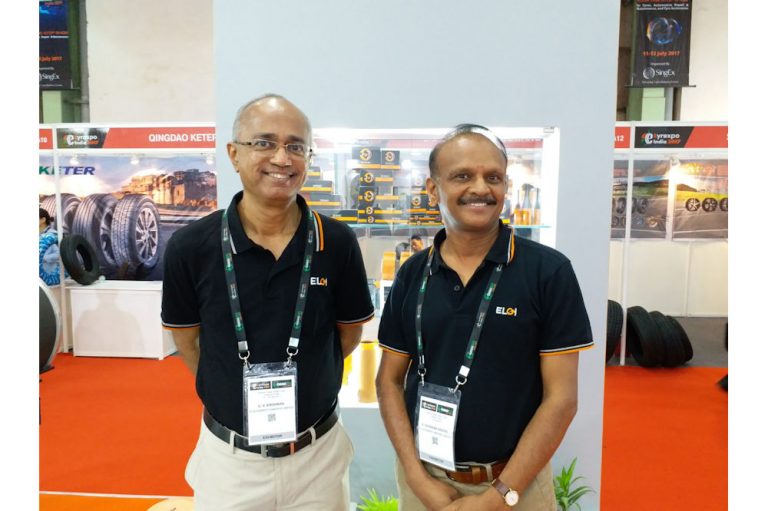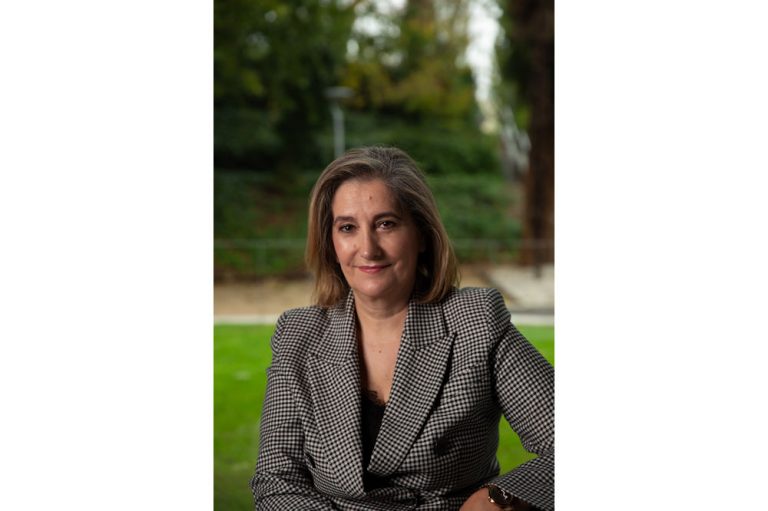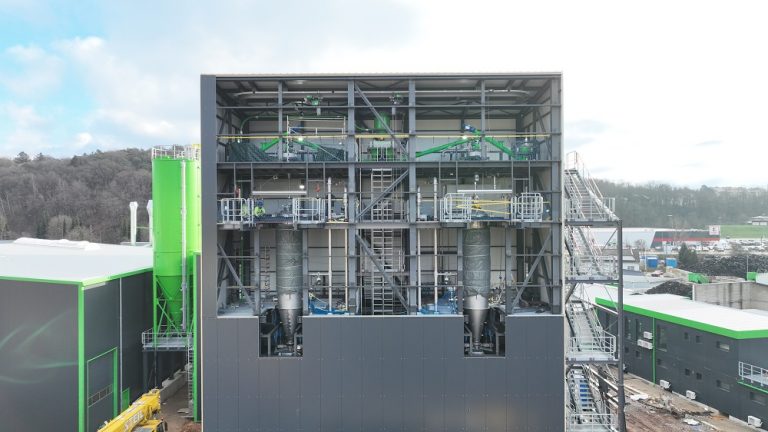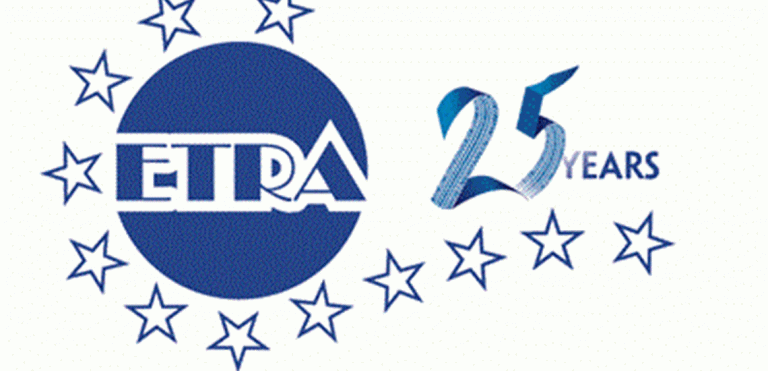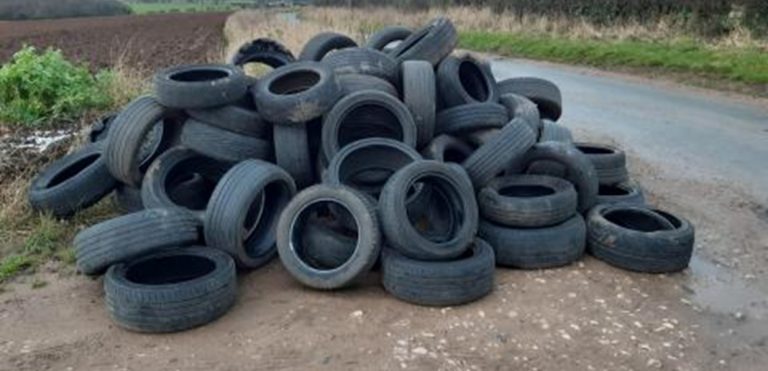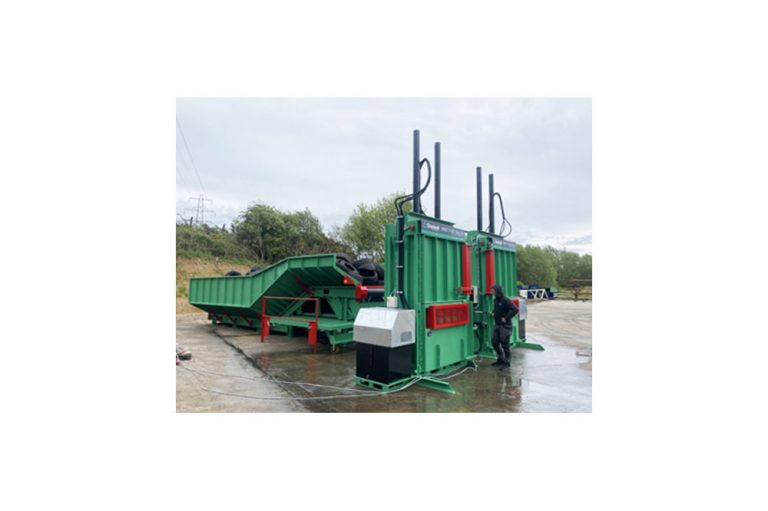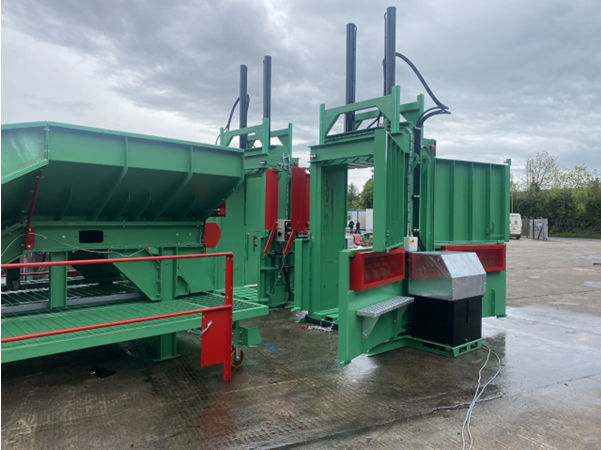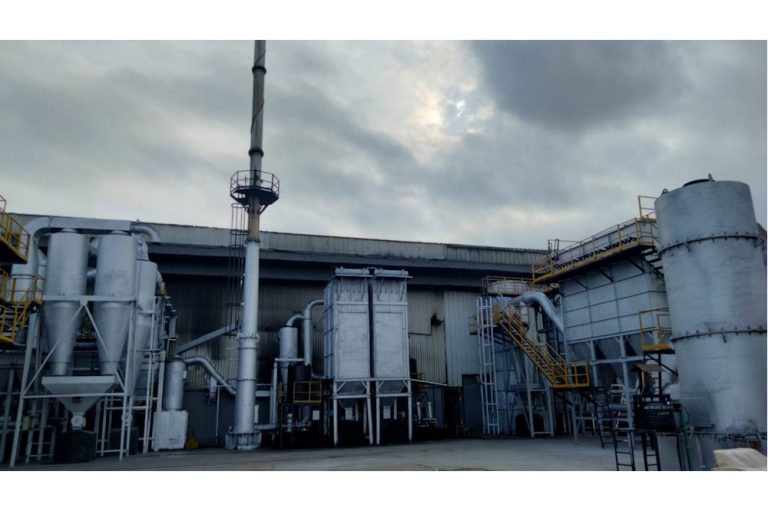In 2023, over 187,000 tonnes of end-of-life tyres were collected and recovered by Ecopneus; 112 per cent of its target
Over 65 thousand collection visits were carried out at over 23 thousand tyre dealers throughout the country, a commitment that has brought concrete benefits to the community and the environment.
Also in 2023, the ELT collection and recycling system managed by Ecopneus made it possible to achieve important results, with over 187,000 thousand tonnes of ELTs collected on the entire national territory and exceeding its legal target by 12 per cent. This result made it possible to achieve the extraordinary objectives set by the Ministry of the Environment and Energy Security to address the difficulties of the national collection system.
“In 2023, Ecopneus played a fundamental role in emergency management in the area, greatly exceeding the set objectives, guaranteeing high standards of service and homogeneous and widespread collection throughout Italy,” declared Alessandro De Martino, President of Ecopneus. “Looking towards the future, we continue to pursue our vision of excellence, also directing our efforts towards innovation and the development of new sustainable practices in the treatment of ELTs. The use of ELTs as an energy resource, the search for new applications in the asphalt sector and the exploration of the possibilities offered by chemical recycling, such as pyrolysis, are the challenges that stimulate us to excel. Our commitment goes beyond the present, we face emerging challenges with awareness, maintaining a constant commitment to enhancing a strategic sector for our country”.
The ELT recycling system managed by Ecopneus represents an example of sustainability and innovation. The rubber obtained from ELT recycling is a precious material and widely used throughout the world for the creation of sports surfaces, football pitches, for silent, safe and long-lasting asphalt, acoustic insulation, urban furnishings, or used for energy recovery. The recycled rubber market is constantly growing. Ecopneus is actively dedicating itself to new lines and application sectors through constant Research and Development work, such as chemical recycling and applications in the industrial sector and to the development and consolidation of applications existing.
Among these, a leading role is played by asphalts modified with recycled rubber which are emerging as one of the most effective solutions and a valid strategic choice for the national road network, both urban and extra-urban. This technology, already used in around 700 km of Italian roads, combines safety, environmental sustainability and high-level mechanical performance. They contribute to reducing traffic noise by up to 5 dB and last up to three times longer than traditional asphalts, better resisting wear and the formation of cracks and potholes, an aspect which also leads to lower maintenance costs in the medium-long term.

















